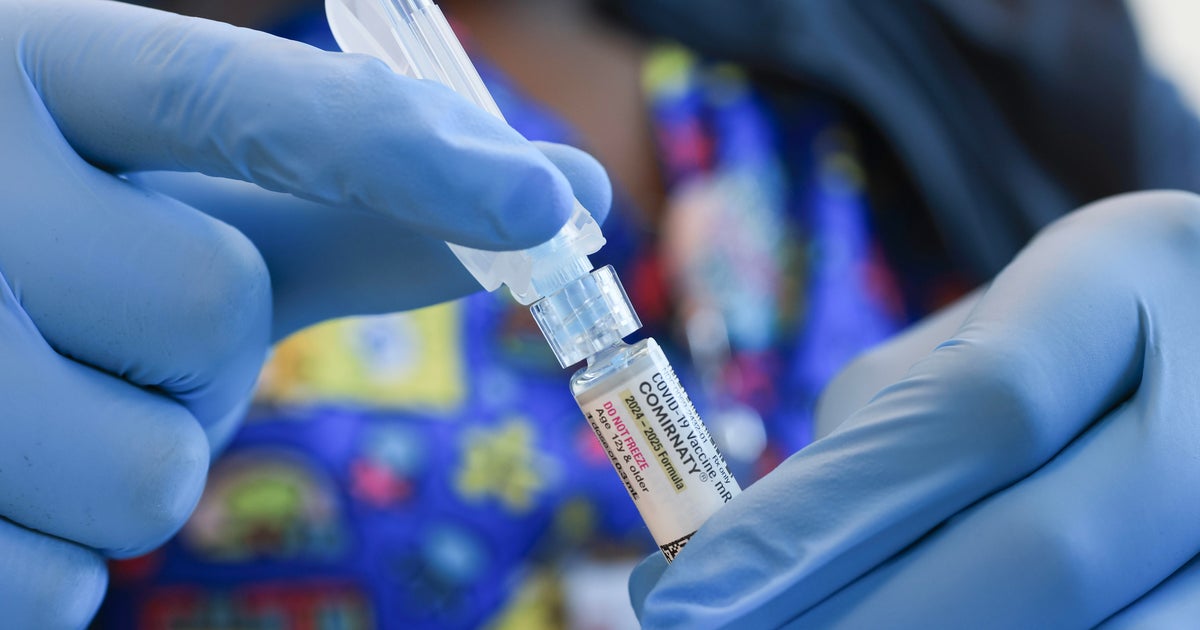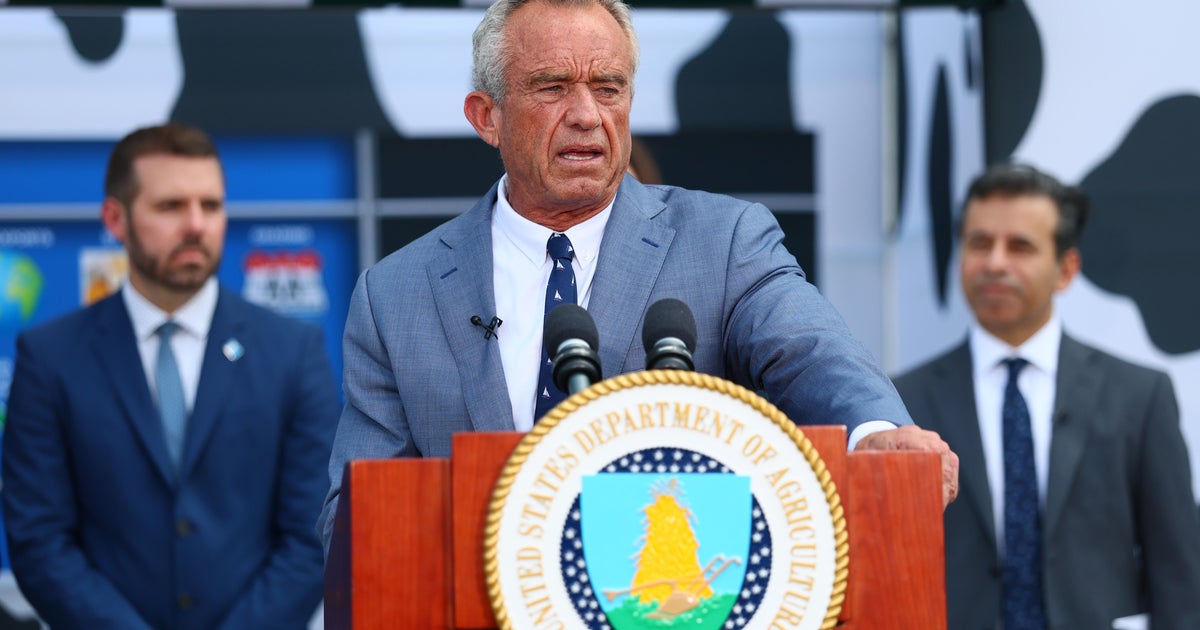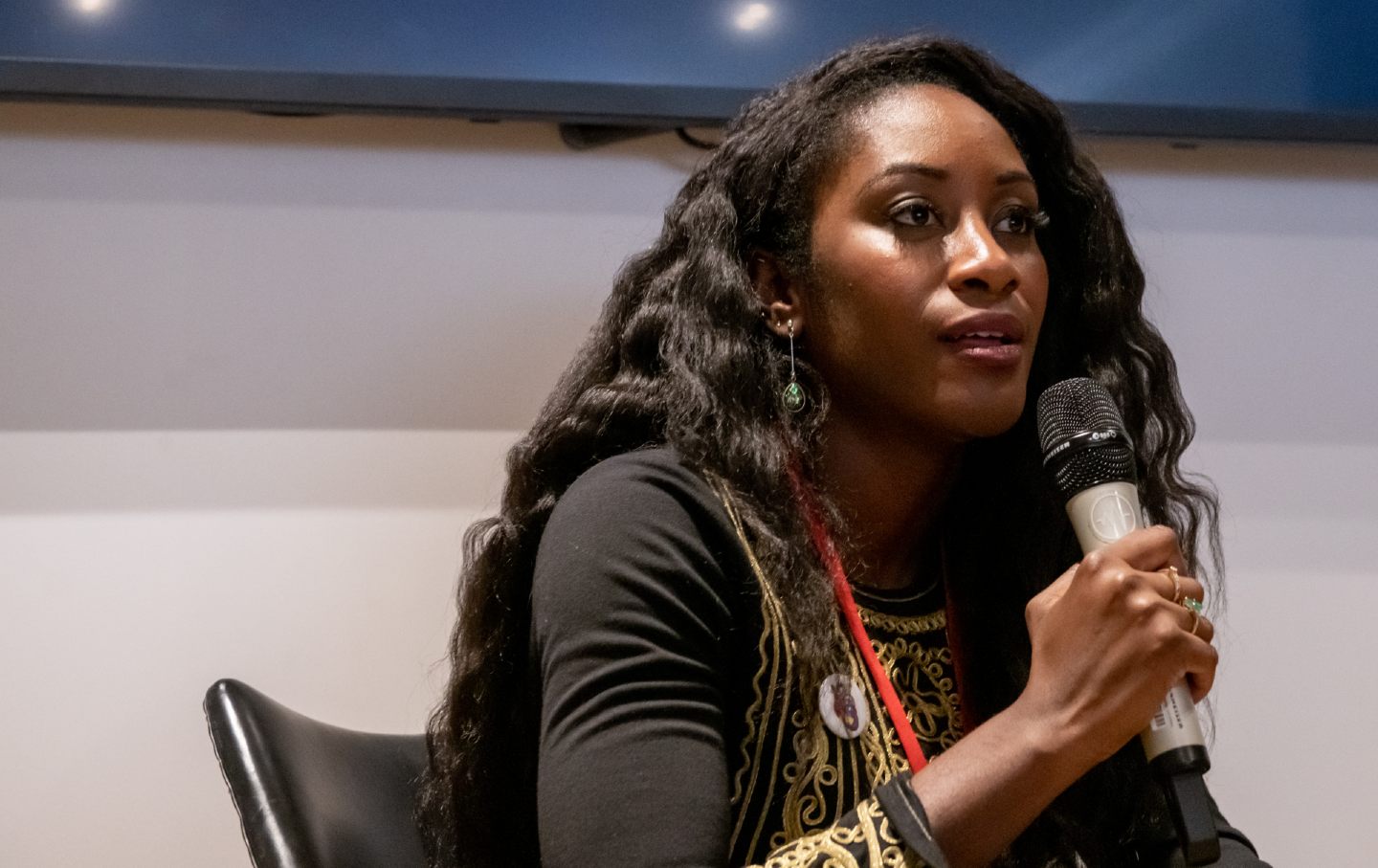
In a recent meeting, the Advisory Committee on Immunization Practices (ACIP) discussed the future of COVID-19 vaccination guidelines, emphasizing the importance of maintaining prescription-free access to these life-saving immunizations. As the committee deliberated on the implications of their recommendations, several liaison members from prominent medical organizations expressed their support for delaying any changes that could restrict access to vaccines.
Dr. Amy Middleman, representing the Society for Adolescent Health and Medicine, urged the committee to adhere to a rigorous scientific approach when evaluating the risks and benefits associated with vaccines. “I would urge the committee to use the methodical scientific method to weigh the risks and benefits appropriately,” she asserted, highlighting a growing concern among health professionals regarding transparency in the decision-making process related to vaccine recommendations.
This sentiment was echoed by ACIP member Retsef Levi, who acknowledged the committee’s commitment to scientific methods but raised concerns about the confidence displayed by some speakers advocating for a scientific approach without robust evidence from long-term clinical trials. “I have to say that one thing that puzzles me is that many of the speakers that push for the scientific approach are speaking very confidently in the absence of the gold standard evidence of robust long-term clinical trials against placebo,” Levi explained. His call for further research reflects a broader apprehension within the medical community regarding the adequacy of current data presented by the CDC.
As the discussion progressed, ACIP chair Kulldorff attempted to transition from the hepatitis B vaccine deliberations when Dr. Jason Goldman, president of the American College of Physicians, interjected. Goldman called for greater clarity and transparency in the committee’s processes, expressing frustration over what he perceived as the committee’s tendency to silence dissenting voices. “That is disrespectful. You want debate and discussion, but you’re muting people and silencing them,” he stated emphatically. Goldman emphasized the necessity for the public to have trust in vaccination processes, urging the committee to openly communicate how they plan to analyze and vet future vaccine recommendations.
In response, Kulldorff noted that he had previously addressed Goldman’s concerns before moving on to the next agenda item. This exchange highlights the ongoing tension within the ACIP as it navigates the complex landscape of public health recommendations in the wake of the COVID-19 pandemic.
As the CDC continues to grapple with the evolving nature of vaccines and public perception, the call for maintaining over-the-counter access to COVID-19 vaccines remains a crucial point of contention. Advocates for public health argue that easy access to vaccinations is essential for maintaining high immunization rates, which are vital for community health and safety.
With the potential for new variants and ongoing outbreaks, the need for accessible vaccination options has never been more pressing. The ACIP’s discussions will undoubtedly shape the future of immunization practices and the public’s willingness to engage with vaccination programs. As this conversation unfolds, the demand for transparency, scientific rigor, and public trust will remain at the forefront of the dialogue surrounding vaccines in America.


